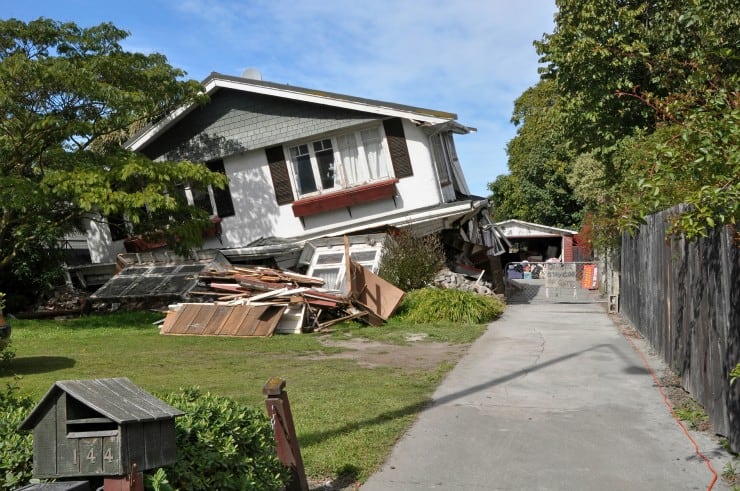6 Surprising Home Insurance Exclusions

Your homeowners or renters insurance policy wasn’t meant to cover all possible risks. Your policy lists “exclusions,” or things it won’t cover. And what you don’t know about them can cost you money.
“People make the mistake of thinking their policy covers everything,” says Carole Walker, executive director of the Rocky Mountain Insurance Information Association. “Understanding what is and isn’t covered is critical.”
See also: 6 things in your home that need home insurance riders
A homeowners or renters policy will help make you financially whole after many common catastrophes such as fire or theft. But before you buy, learn what’s typically excluded in a policy.
1. Damage from floods
If you live in a community that is prone to flooding, this news may act as a drain on your wallet: Your homeowners or renters policy won’t cover flood damage. But you can purchase this coverage separately from the National Flood Insurance Program (NFIP) and some private carriers.
According to FloodSmart.gov, the average flood insurance policy costs $700 per year. You can purchase up to $250,000 in coverage through the NFIP for structural damage and $100,000 for contents-only damage. If that’s not enough for your needs, some private insurers sell excess flood coverage.
2. Damage from earth movement
Most homeowners and renters policies exclude damage from earth movement such as mudslides. You’ll need to file a claim for mudslide damage through your separately purchased flood insurance.
Landslides are also excluded from standard policies, but you may be able to buy a “difference in conditions” add-on to insure against landslide damage. These are available from surplus lines insurers, which provide coverage not available through standard carriers.
Earthquakes are excluded from standard homeowners and renters policies, but coverage can be purchased as a separate policy or an endorsement.
New Jersey insurance agent Kevin Foley notes that many regions of the United States are in earthquake danger zones. To determine your earthquake risk, check out the hazard maps on the Federal Emergency Management Agency’s website.
3. Damage from electrical surges
After a power outage, damage can occur to electronic components when power is restored, creating an electrical surge. This may cause computers, television sets and other appliances to malfunction.
Insurance companies say it’s your job to make sure equipment subject to surge damage is unplugged during an outage. If you have expensive electronic gear, Foley suggests that you check with your carrier to see if it offers a rider for surge protection.
4. Damage from sewage backups
Some homeowners and renters policies provide coverage for sewer-line backups, but many don’t. You typically can purchase a sewer-line backup rider for your policy for between $40 and $50 per year, according to the Insurance Information Institute.
Before making a purchase, be sure to read your policy or consult your insurance agent to determine if this add-on is truly necessary.
5. Damage from acts of war
Damage caused by violent acts is generally not covered by homeowners and renters policies, but there are exceptions.
If your home is damaged during a riot or civil unrest, your standard policy will likely cover damage to your home. However, if your home is damaged during an act of war, your policy won’t apply, Walker says.
And although damage from acts of terrorism is not specifically covered, you’ll generally be covered for damage from explosions, fire and smoke.
6. Damage caused by neglect
Ruiz notes that insurance policies aren’t a substitute for good home maintenance practices. If your roof leaks and property is damaged because you failed to make repairs, you won’t be able to file a claim.
For instance, call the exterminator if you discover excessive bugs or rodents in your home. If you neglect to fix the problem and pests such as termites cause damage to the home’s structure, your policy won’t cover the damage.
